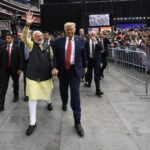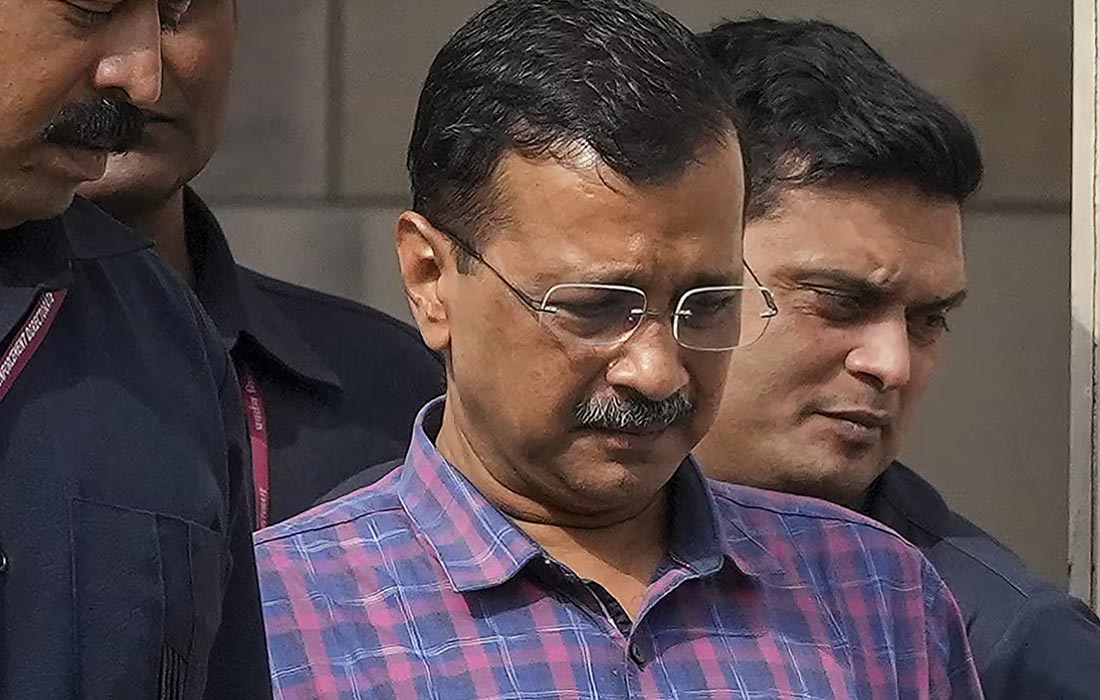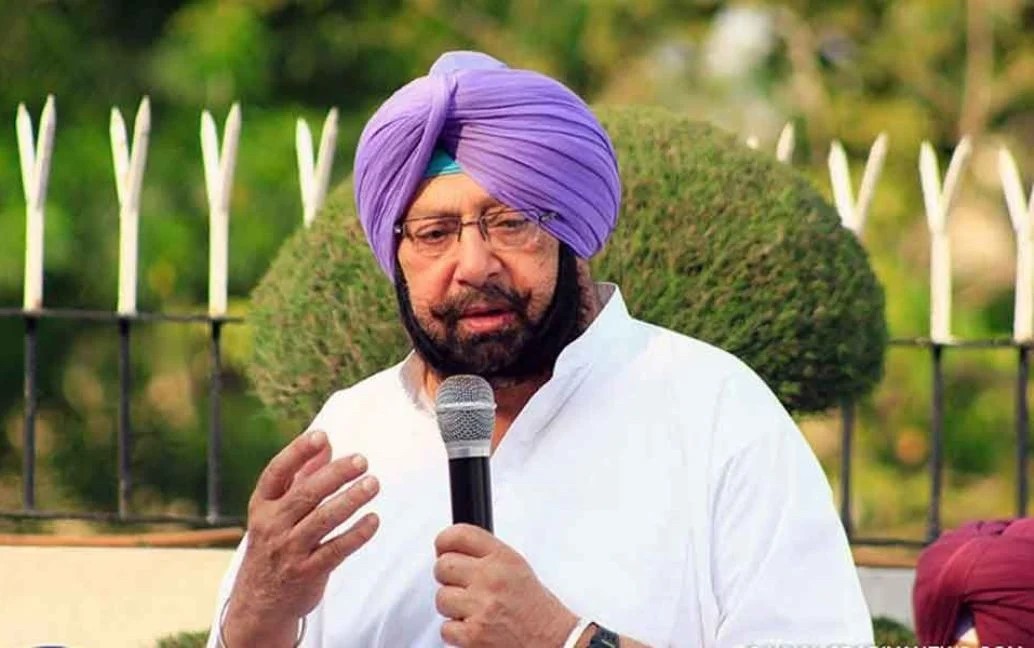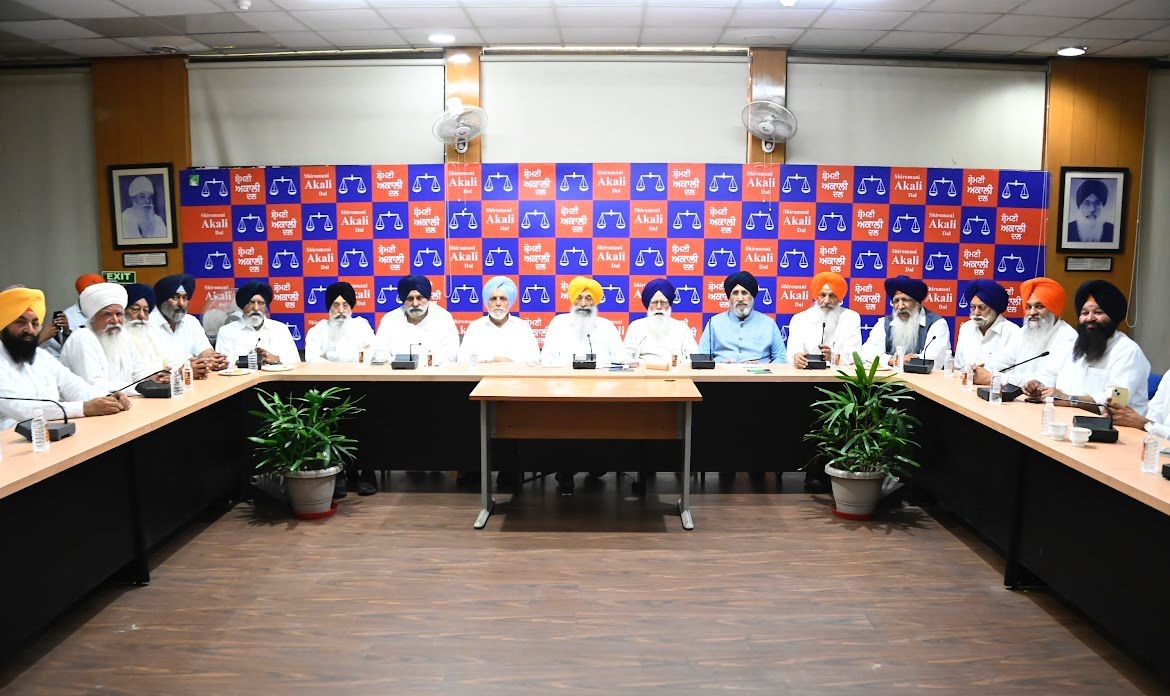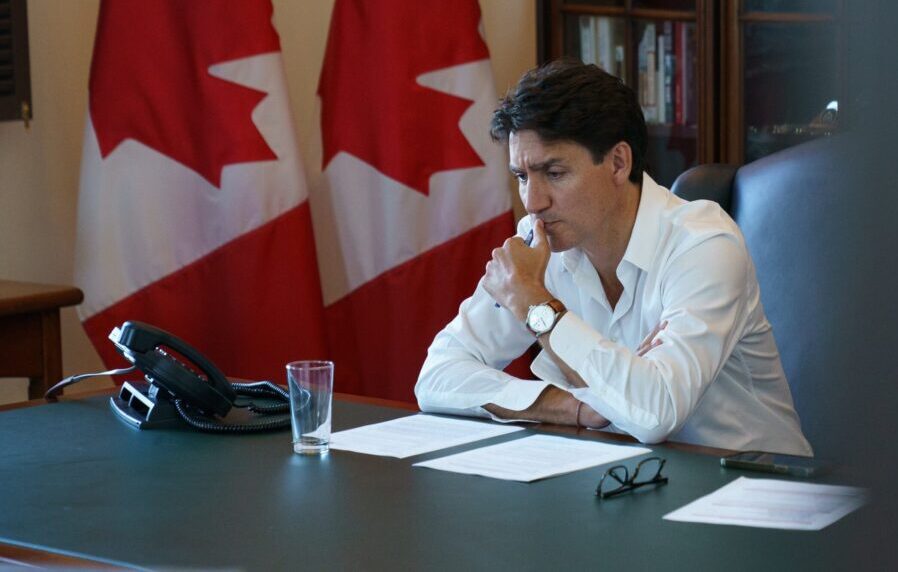In a significant development, the Central Bureau of Investigation (CBI) has formally arrested Delhi Chief Minister and Aam Aadmi Party (AAP) national convenor, Arvind Kejriwal, in connection with the Delhi excise policy case. This move marks a pivotal moment in the ongoing investigation into alleged irregularities and corruption associated with the formulation and implementation of the policy.
Earlier today, Kejriwal was presented before Special Judge Amitabh Rawat at a Delhi court by Tihar jail authorities. The CBI sought custody of the chief minister for interrogation, which the court subsequently granted. This formal arrest adds a new dimension to the high-profile case that has been under intense scrutiny.
Concurrently, Kejriwal withdrew his plea from the Supreme Court that challenged the Delhi High Court’s order granting an interim stay on his bail. Represented by senior advocate Abhishek Singhvi, the AAP leader informed a vacation bench comprising Justices Manoj Misra and SVN Bhatti about his decision to retract the plea. Singhvi cited recent developments, including Kejriwal’s arrest, as the reason for this move and expressed the intention to file a substantial appeal to include all pertinent details.
“We would like to file a substantial appeal to bring on record all relevant details and challenge the June 25 order of the high court in which the bail order was finally stayed,” Singhvi stated, underscoring the dynamic nature of the case. Kejriwal’s arrest follows his initial detention in March related to the excise policy scam. He was granted interim bail by the Supreme Court in May to facilitate his campaigning for the 18th Lok Sabha elections. Upon completing his campaign activities, Kejriwal returned to jail on June 2 and has remained in custody since.
The controversial excise policy was scrapped in 2022 following an order by the Delhi lieutenant governor for a CBI probe into alleged malpractices. The CBI and Enforcement Directorate (ED) have asserted that irregularities were committed during the modification of the policy, with undue favours being extended to certain licence holders.
This arrest is expected to have significant political ramifications, particularly for the Aam Aadmi Party, which has been a vocal proponent of anti-corruption measures. As the case unfolds, it will be closely watched by political analysts, party supporters, and the general public alike. Kejriwal’s legal team is now preparing to file a comprehensive appeal to challenge the high court’s order and address the evolving details of the case. The outcome of this legal battle will likely have far-reaching consequences for Delhi’s political landscape and governance.






